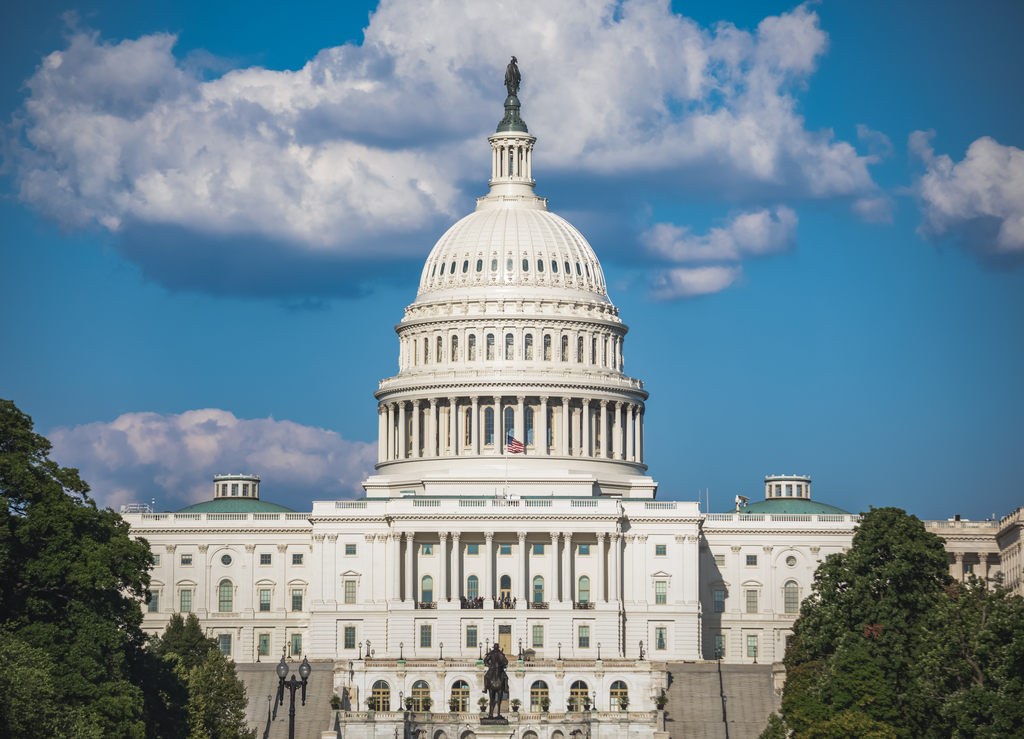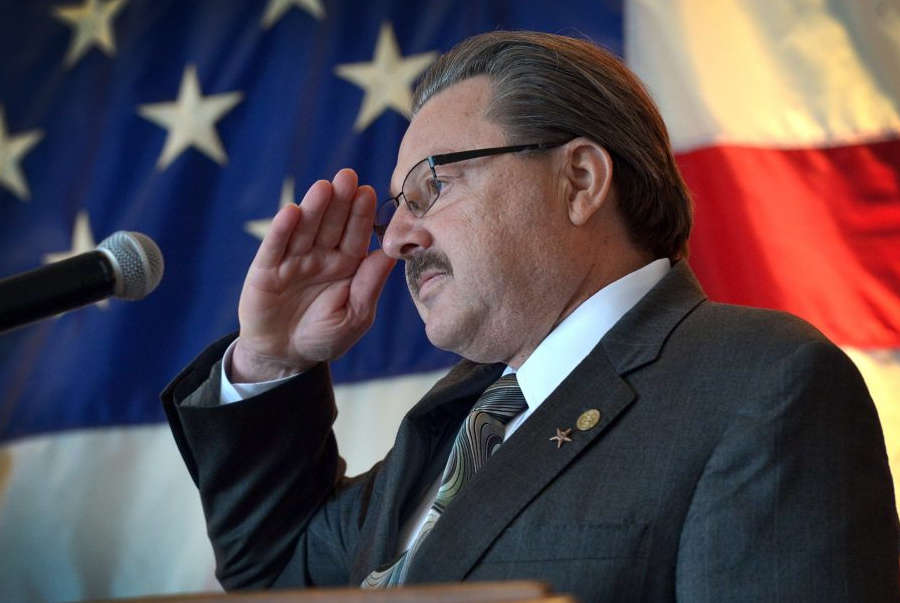On Wednesday, December 1, the Michigan Joint Committee on Administrative Rules (JCAR) approved the regulations proposed by the Michigan Gaming Control Board (MGCB). The regulations in question are meant to regulate online casinos, sportsbooks, and daily fantasy sports (DFS) platforms in Michigan.
As a result, Michigan bettors are going to be able to bet and gamble online as soon as land-based casinos launch their web-based platforms. That’s something that’s expected to happen by the end of the year.
Everyone seems to be cheering for this to happen as soon as possible. The reason is that Michigan’s land-based casinos have been closed due to COVID-19 regulations. As per Gretchen Whitmer’s (D) orders, casinos will remain shut down until at least December 9.
Three Detroit Casinos to Go Online
In Q2, the three land-based commercial casinos in Detroit – MGM Grand, Greektown Casino, and MotorCity Casino Hotel – reported a gross gaming revenue (GGR) of $0.
Over summer, they rebounded, albeit only slightly. Then, in November, COVID-19 came back with a vengeance, with the number of new cases going above 16k near the end of the month. That prompted Governor to put the state in another lockdown.
As a result, Detroit’s casinos are suffering again. However, their suffering might come to an end by the end of December. The thing is that they are given the green light to launch their online casino and sportsbook apps.
In order to be allowed to do that, the three casinos need to team up with providers of online gaming software. This is why we’ve seen the creation of some new partnerships in Michigan’s casino landscape.
MotorCityCasino & FanDuel
MotorCity Casino Hotel formed a partnership with FanDuel, which is going to result in an all-in-one platform, allowing the players to bet, play casino games, and take part in daily fantasy sports, using a single account.
According to FanDuel, the sportsbook/online casino will launch soon, with the launch date still not being released. However, the operator has already started accepting registrations from users based in Michigan. Those who do it will receive $100 worth of free bets ($50 for casino and $50 for sportsbook) to use up once the platform goes online.
Greektown Casino & IGT & Barstool
Greektown Casino is going online with the help of IGT and Barstool. The role of IGT is to power Greektown’s online casino, while Barstool will provide sportsbook solutions.
MGM Grand Detroit & BetMGM
MGG Grand Detroit and BetMGM are both owned by the same company, hence it’s no surprise they’re working together on launching a Michigan online casino and sportsbook.
Once these three online casinos launch, Michigan is going to become only the fifth state in the US where this gaming activity is legal and licensed. At the moment, the states where online casinos are permitted are New Jersey, Delaware, Pennsylvania, and West Virginia.
When it comes to online sportsbooks, there are nine when this activity is legal, but that number is going up in the near future. It’s because, in November, Americans voted to liberalize gaming laws in several US states.






